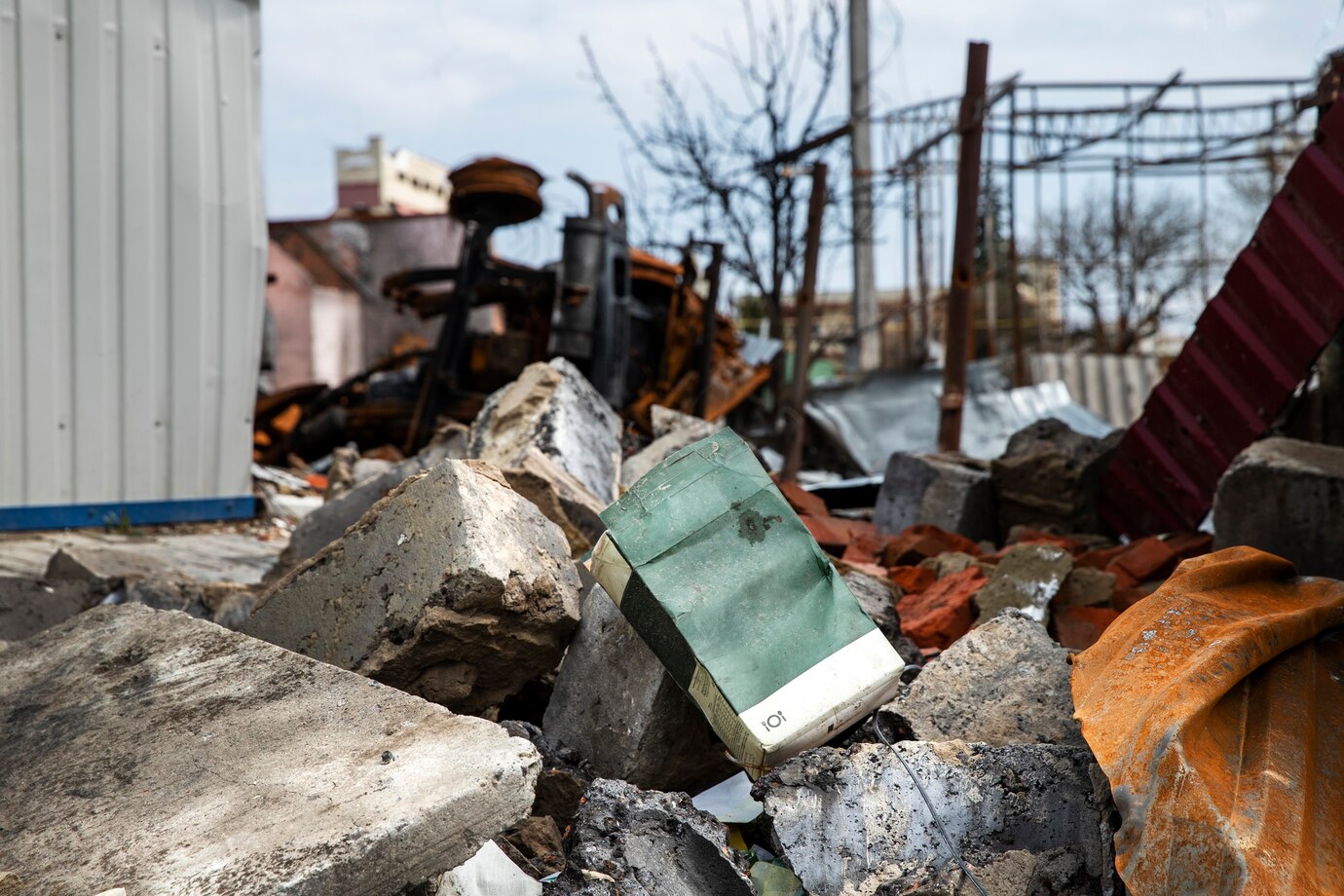
Fall is prime time for home improvement projects in Colorado. The summer heat is behind us, the snow hasn’t arrived yet, and contractors often have more availability. Whether you’re adding a backyard deck in Boulder, updating your kitchen in Fort Collins, or finally finishing your basement in Colorado Springs, it’s essential to check in with your homeowners insurance provider.
Too often, homeowners pour thousands into upgrades without realizing they may be underinsured. That means if something happens—a fire, a pipe bursts, or a winter storm hits hard—your investment might not be protected. Here’s what you need to know.
Home Value and Coverage Gaps When you improve your home, you increase its value. But unless you adjust your insurance coverage, your policy will still reflect the pre-upgrade value. For example, if you install high-end countertops or add a new room, you may exceed your dwelling limit.
This is especially important in Colorado where construction costs have surged. Wildfire rebuilding in areas like Boulder County has driven prices higher, and labor shortages continue to impact the Front Range. A remodel that cost $30,000 a few years ago could cost $50,000 now. That gap matters if you ever need to rebuild.
Notify Your Insurer Before Major Projects Before you swing the first hammer, give your insurer a heads-up. Some policies require notification before starting renovations. This can also help you understand what is and isn’t covered during the construction phase.
Also, if you’re hiring contractors, make sure they have their own insurance. If not, your policy could end up covering damage or injuries that occur during the project.
Consider Ordinance or Law Coverage Older homes in places like Denver’s historic neighborhoods may not meet current building codes. If you renovate and then experience a covered loss, you might be required to rebuild to today’s standards. Ordinance or law coverage helps cover those additional costs.
Don’t Forget Liability More improvements often mean more risk. A new deck or hot tub adds enjoyment—and also increases the chance someone could get hurt on your property. Make sure your liability coverage is strong enough to protect you if a guest takes a tumble.
Final Tip: Take Photos and Keep Receipts Document everything. Photos, receipts, contracts—these make it much easier to prove the value of your upgrades in case you ever need to file a claim.











